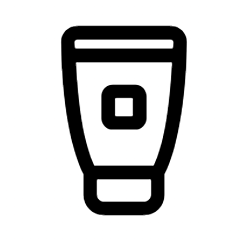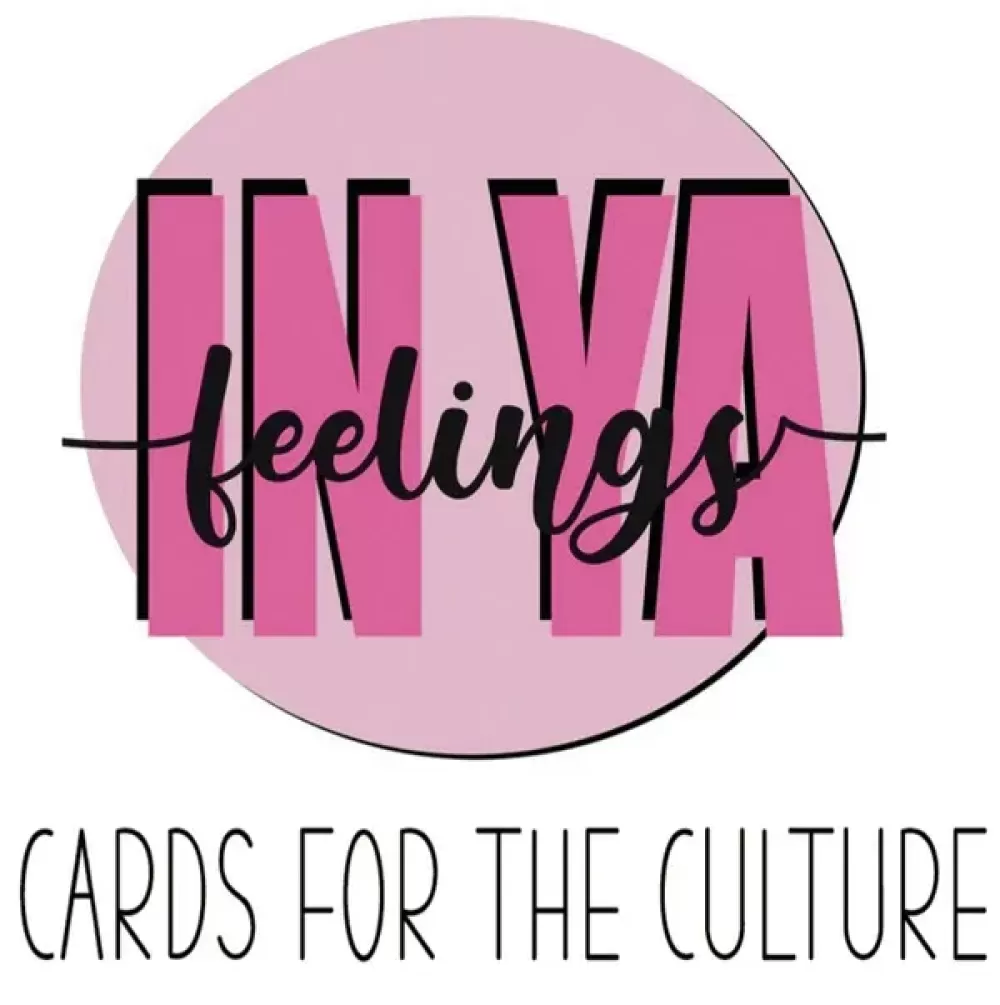
Business insurance for your ecommerce business
If you sell anything online, this insurance policy is tailor-made for you
Small business insurance the way you want it: clear, affordable and on your terms
Types of business we cover
From start-ups to thriving online retailers, we provide cover for a wide range of ecommerce businesses:
Accountant, Amazon Seller, Mechanical Engineer, Graphic Designer, Web Developer, Social Media Manager, Virtual Assistant, Content Writer, Language Tutor, Online Marketer, Copy Editor, Online Retailer, Etsy Seller, Dropshipper, Fashion Boutique Owner, Candlemaker, Soapmaker, Nutritionist, Online Coach, Yoga Teacher, Personal Trainer, Online Product Reviewer, Shopify Seller...
What insurance is available for my ecommerce business?


Cyber & Data Risks
Find out more

Directors & Officers
Find out more

Employers' Liability
Find out more

Legal Expenses
Find out more

Product Liability
Find out more

Professional Indemnity
Find out more

Public Liability
Find out more

Stock Insurance
Find out more
Why choose Lukango?


We’re jargon free and make it easy to arrange your cover

We offer competitive and affordable rates through our insurer partner, Markel Direct

Lukango has helped us protect what we are building here at Blackbeard Coffee and for the first time has taken the stress out of not knowing exactly what we need for our business. We can just focus on creating the perfect coffee for everyone.
Alex O’Meara, Director - Blackbeard Coffee
With Lukango, we finally have a game changer that truly understands and caters to the unique needs of small online business owners.
Lisa - Online retailerInsurance for ecommerce businesses
Through our partnership with one of the UK’s leading business insurance providers, Markel Direct, Lukango can offer its customers access to a range of insurance covers, such as: public & products liability, stock insurance and employers’ liability insurance for ecommerce businesses, giving you peace of mind that your business is covered.
- The public is injured by your product or from your business activities
- Your stock is damaged or stolen
- Your employee is injured or gets ill through work
- You provide inaccurate professional advice
- Your business is the victim of a cyber crime

What ecommerce business insurance should I consider?
The only legal requirement for your ecommerce business is to have employers’ liability insurance if you employ staff.
However, even though you might not be running a ‘bricks and mortar’ shop there are still risks involved with operating an ecommerce business.
- If something were to happen to your stock, would your business still be able to function?
- If a customer makes a compensation claim against you, would your business finances be able to cover it?
- If a hacker gets a little too close for comfort and causes an interruption to your business how would you get back up and running?
- Ecommerce business insurance can help protect against risks like these, meaning you can keep operating should the worst happen.

What types of ecommerce businesses can be protected?
Every online store has its own way of working and either sells from a self-built dedicated website or with one built using the one of the many drag-and-drop online store platforms like Shopify.
Some popular types of ecommerce business that can be insured include:
- Business to Business (B2B) online shops: You focus on supplying products or service direct to other businesses
- Business to Consumer (B2C) online shops like: Amazon, Shopify, Glossy Box: You focus on selling your brand to individuals
- Consumer to Consumer (C2C) sites like: Ebay: Nothing formal here, just a simple model of selling stuff
- There are also Business to Government (B2G) ecommerce selling platforms or a blend of a couple of models like Business to Business to Consumer (B2B2C)!
With so much opportunity to build your brand online with your own digital shop, selling your products on an online ecommerce platform is fast-paced and exciting.
Get a quote for tailored ecommerce business insurance today!

Frequently asked questions about Ecommerce insurance
- What companies are ecommerce?
Ecommerce businesses are companies that sell products or services online. This can include large online retailers, as well as smaller businesses that sell through their own websites, online marketplaces, or social media platforms.
An ecommerce business might sell physical products, digital products, or services, and the way it operates can vary depending on the platform it uses and how it reaches customers.
- What type of insurance is right for my ecommerce business?
Ecommerce businesses can face a range of risks, and there are different types of business insurance available in the market to address them. These can include cover for injury or property damage suffered by customers or other third parties, claims relating to products that are sold, claims from employees, and loss or damage to stock.
The types of insurance available, and how they apply, depend on the insurer and the details of the business. To understand what options are available for your ecommerce business, you can speak to Markel Direct, Lukango’s insurance partner.
- Doesn’t my home insurance cover the products I sell?
Home insurance policies are designed to cover personal belongings and residential use of a property. If a home is being used for business purposes, such as storing or selling stock, this may not be covered under a standard home insurance policy.
Whether business activities or stock are covered depends on the terms and conditions of the insurer and the policy. To discuss what cover may be available for your situation, you can speak to Markel Direct, Lukango’s insurance partner.
- Do I need public liability insurance for my online ecommerce shop?
Public liability insurance is a type of business insurance that can cover claims made by third parties for injury or damage to their property that arises from a business’s activities. This could include situations where a business interacts with members of the public, either in person or through its operations.
Whether public liability insurance is relevant for an online business depends on the insurer and the nature of the business’s activities. To understand what options may be available for your ecommerce business, you can speak to Markel Direct, Lukango’s insurance partner.
- What is ecommerce insurance?
Ecommerce insurance is a type of business insurance that is specifically designed for ecommerce businesses or the online selling part of your business. It is designed to protect your small business against things that can go wrong when you create, design, make or sell-on products to customers through your online shop.
- What does Lukango ecommerce insurance (arranged and administered by Markel Direct) include? include?
You’ll be offered Public & Products liability, Stock & Business Equipment insurance, Employers’ Liability insurance, Professional Indemnity, Directors & Officers insurance, Legal Expenses cover, and Cyber & Data Risks insurance. You can pick and choose what is right for you and make sure you are covered for the important things that protect your small business in the event of a problem springing up!
- Why do you need insurance for your ecommerce business?
Ecommerce insurance gives you peace of mind in case something goes wrong. If you sell products online, figuring out the right range of insurance covers like public & products liability, stock insurance and employers’ liability insurance for ecommerce businesses can protect you, your business and your customers. We can help so get in touch with us!
- Should I get a policy tailored specifically to my business needs?
It can be difficult getting the right ecommerce insurance coverage. So by spending some time working with Lukango’s insurance partners, you’ll be able to tailor a policy that works for your small business. Lukango believes every small business owner deserves ecommerce insurance cover that is tailored and designed with you, for you.
Related Blog posts
- Read more

Everything you need to take your idea from notepad to online shopping cart
Want to start an online shop? Here's how to get your fledgling online retail business off the……
- Read more

Top tips to bring ecommerce back in 2023
The evidence is in and super clear. 2022 was a year of shoppers changing behaviours as they edged……
- Read more

The best online selling platforms - a complete guide
I have good news! Incredible news actually. It has never been easier to create an online shop to……